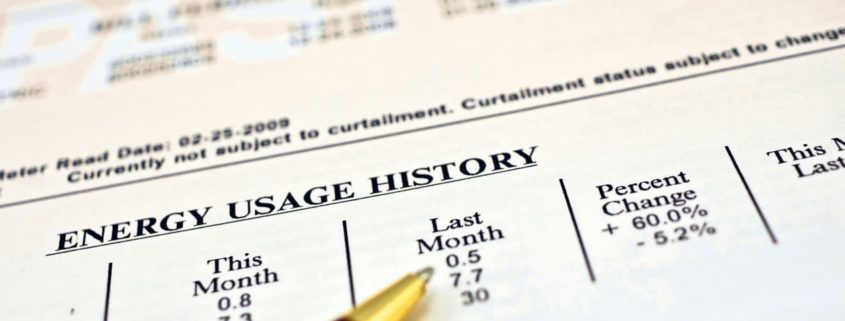Bankruptcy and Utility Bills: The Secret to Avoiding a Shutoff?
When you can’t access the basic things you need to survive, everything gets harder. Losing power is no exception, and when your utilities get shut off due to nonpayment, bouncing back may seem like an impossible trial.
If you live in Wisconsin, you have certain rights when your gas or electric service is about to be discontinued. While many people are familiar with the laws designed to prevent utilities from putting consumers through life-threatening situations, you may not realize that your ability to fight back goes even further.
What do bankruptcy and utility bills have to do with each other? Here’s how filing might make life easier and what to do next.
Understanding Your Legal Status and Rights
Wisconsin law imposes a moratorium on certain utility shutoffs during the coldest part of the year. From Nov. 1 to April 15, the state’s gas and electric providers aren’t allowed to disconnect people for things like having fallen behind on their bills. (Date is wrong on website)
Ideally, this law would protect all Wisconsin residents, but as with so many regulations, there are loopholes. For instance, the utility company doesn’t have to reconnect your power if it got turned off before the moratorium period began. This means that you’ll find yourself in a bind if a sudden cold snap catches you off guard.
Other options designed to assist you in tough times may not be as helpful as they seem. For instance, although the Wisconsin Home Energy Assistance Program offers emergency services, such as fuel aid and co-payment plans, these programs are limited. Due to the number of applicants, it may take time to get the ball rolling. Your income has to be at or below 60 percent of the median level for the state, and the program is only designed to pay for a portion of your heating. You might easily find yourself ineligible if you experienced sudden debt, such as after a medical emergency.
Bankruptcy May Be a Better Choice
When aid programs and consumer protection laws fail, where can you turn? In reality, bankruptcy and utility bills aren’t totally unrelated — Taking your case to court could keep your family and household safe in the face of extreme weather conditions.
Filing for bankruptcy does a few things. In addition to letting the court know that your financial situation has gotten out of control, it gives you instant protection. This automatic stay is a pause that lasts while your case is working through the system, and it temporarily stops creditors, utility companies and other parties from taking further action against you in pursuit of the money you owe them.
Taking this route also gives you more leeway to make good on your overdue bills. Your utility company will forward you a letter requesting a deposit about 20 days after you file, and if you pay it, life will continue as usual regardless of whether the court decides to award you bankruptcy protection. What’s more, you’ll get the deposit back — plus interest — if you keep paying on time during the next year. If you don’t pay the deposit, however, you’ll lose power or gas.
Exercise All of Your Options
While 20 days might not seem like much, the extra time can be a massive help. If you file with the help of a lawyer, you also increase your chances of winning protection, which will erase your previous debts and make it easier to get back on top of life. To find out more about dealing with this kind of emergency, Call (262) 827-0375 to get in touch with a Burr Law Office specialist.





